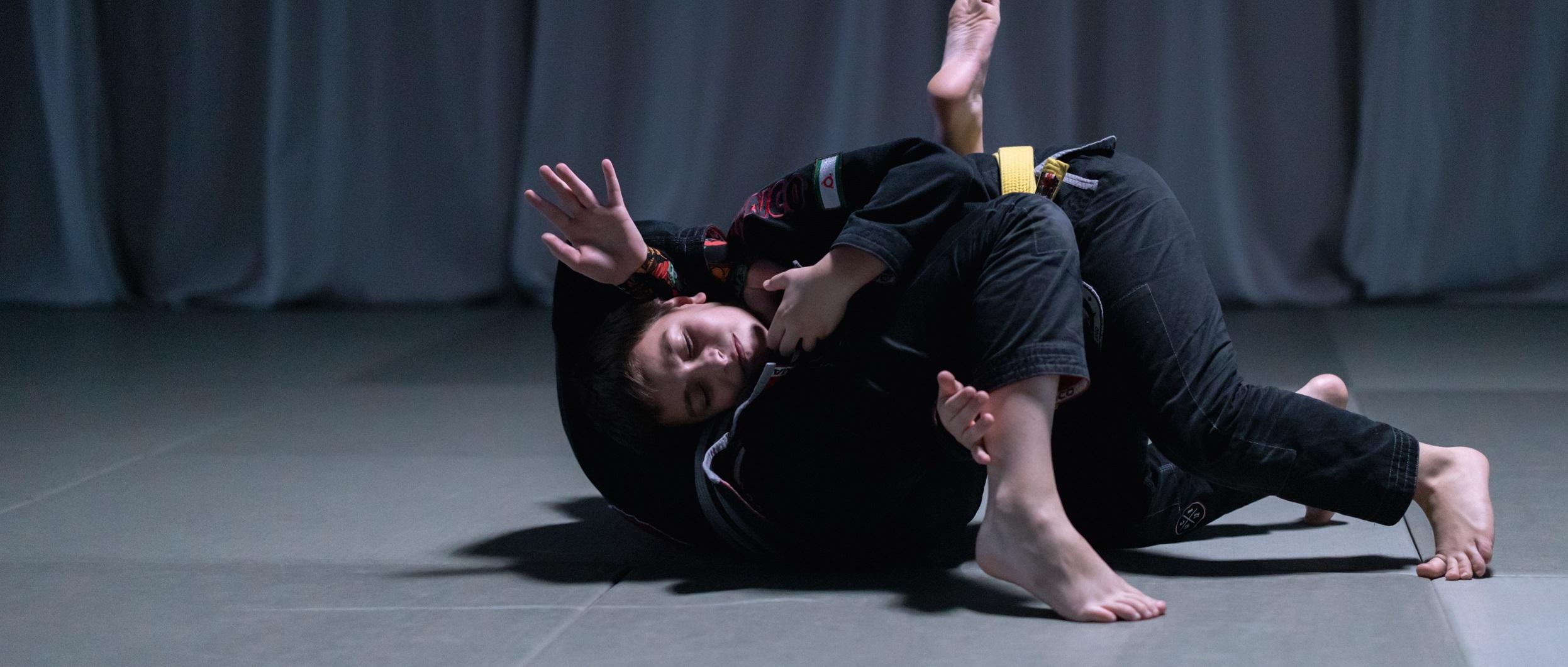- Home
- »Articles
- »Martial Arts
- »jujitsu
- »Should Parents Encourage their Kids to do Jujitsu?



Should Parents Encourage their Kids to do Jujitsu?
17 January 2023
There are many clear advantages to children from partaking in martial arts and these can be in terms of social skills, self-confidence and respect for others but it is ultimately a decision for the parents whether they encourage an interest in martial arts and Jiu-jitsu in particular.
Worries about violence
One of the big questions we get on this subject is whether learning Jiu-jitsu will make the child violent. We can say quite confidently that there is no evidence that this is the case, in fact the reverse seems to be true. There will always be children’s fights in the playground etc but that is a normal part of growing up, and learning martial arts doesn’t increase or contribute negatively to that.
Quite the opposite appears to be true. Even school bullies who are taught martial arts tend to behave better and lash out less often because they have learned more about how to be self-confident, without needing to be seen to be picking on someone to get that boost to their ego and self-image.
So much of bullying is about feeling like they need to fight in order to prove themselves, but with martial arts they are already proving themselves and don’t feel the need to do that as much in their life outside of the class.
Respect and Discipline
Many children have grown up watching martial arts films and TV series and because of this they almost instinctively know what behaviour is and isn’t acceptable around their instructors. A high standard of respect is demanded of students and there is rigorous discipline in a way that very few other hobbies can offer.
Most martial arts including Jiu-jitsu are built upon the cornerstones of discipline, respect, honour and integrity and it is seen as a failing in this context to be lacking in any of these qualities. Cheating is not tolerated and respect is mandatory, both to the instructor and to the other students and wider community.
Instructors are well-placed to have a word with children if their behaviour outside of the club is falling below the expected levels. They can be reminded that their behaviour outside the class reflects on the instructor, their fellow students and the club and in this way, many martial arts students become more respectful in their daily lives.
Important Life Lessons
Martial arts classes can also impart important life lessons that violence isn’t always the answer. One black belt martial arts instructor tells a story about how he asked some students if they wanted to see how a black belt dealt with a mugger. He had someone volunteer to play the mugger and stand in front of him.
The class, anticipating a confrontation and subsequent takedown, looked on enthralled and engaged only for the black belt to sprint from the room. He came back in and told them that there are many circumstances in life when avoiding being in harm’s way is by far the best option, no matter the level of skills at your disposal.
This kind of real world experience, imparted by someone they already respect, can help young people to take on board important lessons that may otherwise elude them.
Next Steps
The choice is obviously yours as a parent whether to encourage your children to take up Jiu-jitsu, but it is a healthy pursuit for both mind and body, and is built upon solid principles of respect and self-discipline so there is definitely no harm in doing so. The benefits can be considerable for children who are involved in this kind of activity.
